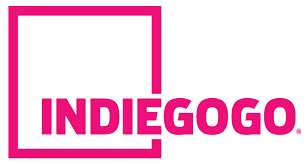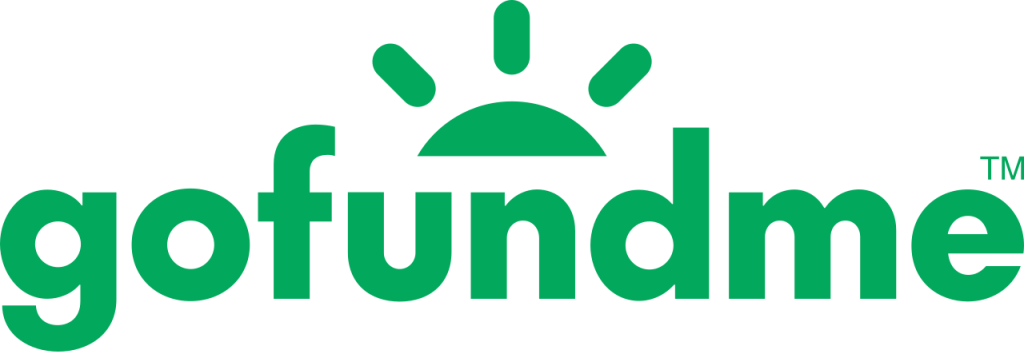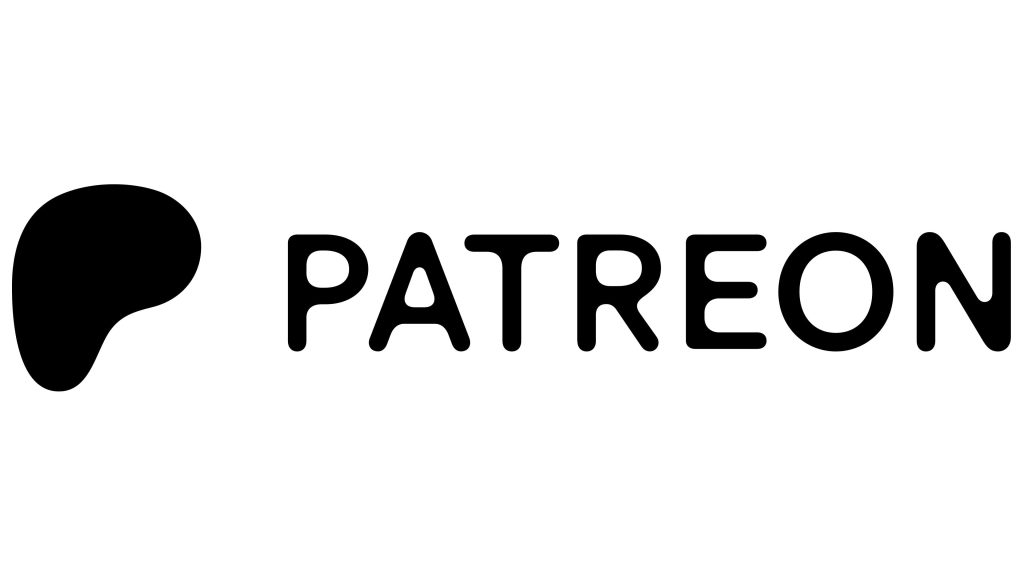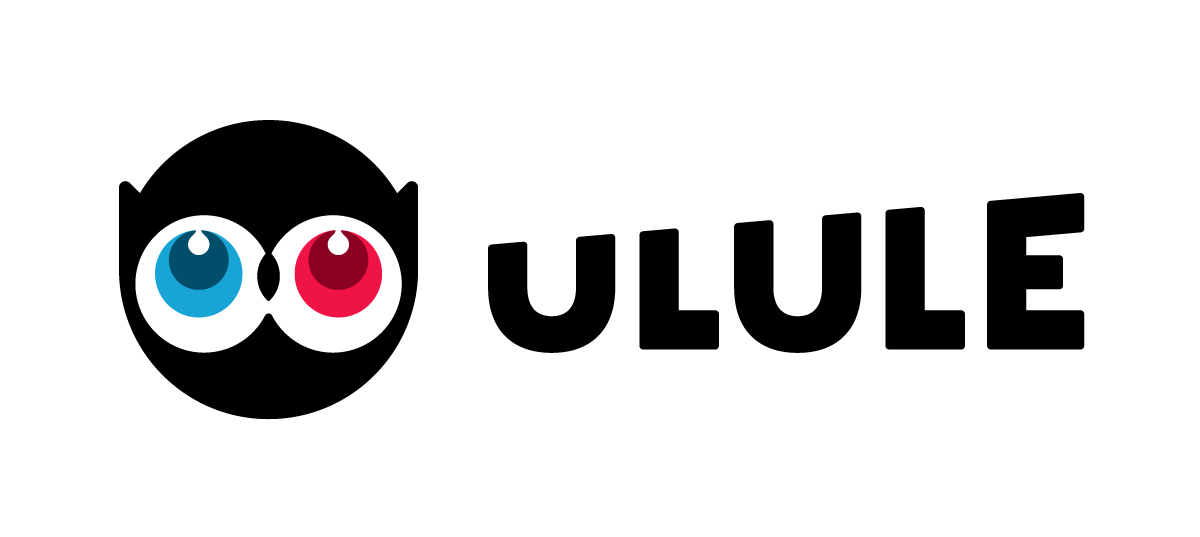Best 8 Kickstarter Alternatives

What are the best Kickstarter altenratives ? Looking for a crowdfunding platform to get your campaign off the ground? Naturally, you thought of Kickstarter, one of the leaders in crowdfunding since 2009. But did you know that there are many alternatives to Kickstarter? Let’s discover 8 of them today and help you find the best fit for your business!
How to raise funds without Kickstarter?
Whether you’re launching a startup, funding a creative project, or raising money for a personal cause, choosing the right crowdfunding platform is crucial for success. Each platform offers unique features, fee structures, and audience reach that can make or break your crowdfunding campaign.
1. Tiing: The Canadian crowdfunding alternative
If you prefer to use a local money pool platform with low cost, then turn to Tiing! This Canadian company offers exceptional value for entrepreneurs and creators:
Key Features:
- $1 per entry
- 4% commission
- Over 4 million Canadian dollars raised since 2019
- Global accessibility across countries
Tiing supports a wide variety of projects, from conventional crowdfunding to collecting donations for causes or associations. Whether you’re organizing a wedding money pool, birthday fundraiser, birth celebration, or retirement fund, Tiing provides the flexibility and tools you need
The platform’s driven approach focuses on providing strong support for creators while maintaining low processing fees. With real-time tracking and ongoing engagement features, Tiing offers a unique opportunity for both personal and business fundraising needs.
2. Indiegogo: The Kickstarter alternative for first-time entrepreneurs
Indiegogo is a crowdfunding platform designed specifically for entrepreneurs who enter the market with nothing more than an idea and ambition. This popular platform stands out for its flexible funding options:
Pricing Structure:
- Approx. 8-10% if target achieved,
- Flexible: 8 to 10% even if target not reached.
- Return of 5% if target achieved.
Founded in 2008, Indiegogo is active in 235 countries and receives over 7.5 million visits a month. Unlike Kickstarter, Indiegogo offers a flexible funding option, which allows you to receive the money raised as soon as certain milestones have been reached.
The platform provides strong resources for product development, particularly for physical products and innovative ventures. With built-in social media integration and global reach, Indiegogo attracts a diverse audience of potential backers and supporters.

3. GoFundMe: Kickstarter alternative for charity projects
GoFundMe enables anyone, anywhere in the world, to finance their project through crowdfunding. This platform is particularly focused on personal causes and charitable initiatives.
Fee Structure:
- 9.25% for charity projects,
- 6.7% to 7.9% for other projects
Created in 2010, the GoFundMe site receives over 36.9 million visits a month and has raised over $15 billion in donations. The platform’s accessibility and user-friendly process make it ideal for individuals seeking to raise funds for personal causes, medical expenses, or community projects.
GoFundMe’s strength lies in its ability to attract donors through emotional storytelling and social media sharing. The platform provides ongoing support and engagement tools to help creators maintain momentum throughout their campaign.

4. Patreon: An alternative to Kickstarter for designers
Patreon is a participatory funding platform that enables creators to generate recurring revenue from their fans.Operating on a subscription model, Patreon is ideal for artists who want to build financial freedom by sharing their art.
Key Benefits:
- Recurring revenue model
- Strong creator-focused features
- Built-in audience engagement tools
- Flexible content sharing options
This platform is particularly popular among content creators, musicians, artists, and game developers who want to build a sustainable income stream. Patreon’s unique approach allows creators to offer exclusive content to their supporters while maintaining ongoing relationships with their audience.

5. FundRazr: Versatile platform, alternative to Kickstarter
FundRazr is a crowdfunding platform that offers eight types of campaigns for designers, including recurring donations. With 396.6K monthly visits, the platform has raised $230 million for over 203,000 fundraising campaigns.
Features:
- Multiple campaign types
- Recurring donation options
- Strong social media integration
- Global accessibility
FundRazr provides creators with the flexibility to choose the campaign type that best fits their project needs. The platform’s versatile approach makes it suitable for various types of ventures, from creative projects to business startups.

6. Ulule: Europe’s leader in crowdfunding
Ulule, founded in 2010, is a European crowdfunding platform that has revolutionized the crowdfunding landscape. A pioneer in Europe in its international approach, it is now present in 198 countries, with over 2.8 million active members. Ulule’s main focus is on creative, innovative and community-based projects, offering a refreshing alternative to platforms such as Kickstarter, with a particular focus on the European market.
Fee Structure:
Ulule’s participatory financing model is based on rewards, following in the footsteps of Kickstarter. Contributors receive compensation only if the project’s funding objectives are met. The fees are as follows:
- Between 6.67% and 4.17% if target reached
- Reward-based funding model
- Customized support for creators
The platform’s team offers expertise and personalized advice, helping project owners optimize their communication, marketing and fundraising strategies.

7. Crowdcube: Kickstarter alternative for equity crowdfunding
Crowdcube is a UK-based equity crowdfunding platform launched in 2011. It enables entrepreneurs to raise funds from individual investors, who in return receive a stake in the company. This formula makes it an interesting alternative to Kickstarter for startups seeking to raise capital for their development.
Key Features:
- Equity-based funding
- Over £1 billion raised for more than 1,000 companies
- Over 1 million registered investors
- Accredited investor network
Crowdcube is the platform of choice for entrepreneurs looking to raise equity capital. On Crowdcube, financing is provided by investors who take a stake in the company, making them shareholders. This differs from platforms like Kickstarter and Indiegogo, where funding is based on rewards rather than equity.
A successful Crowdcube fundraising campaign requires a solid business plan and a convincing growth strategy. The platform also offers support and consulting services to help entrepreneurs with their fund-raising campaigns.

8. Fundable: Business-focused crowdfunding platform
Fundable is a crowdfunding platform specifically designed for businesses and startups. The platform offers both reward-based and equity-based funding options, providing entrepreneurs with flexibility in how they structure their campaigns.
Platform benefits:
- Dual funding models (rewards and equity)
- Business-focused audience
- Strong venture capital connections
- Professional presentation tools
Fundable attracts a more business-oriented audience compared to other crowdfunding sites, making it ideal for entrepreneurs seeking serious investment opportunities. The platform’s professional approach and networking features help creators connect with potential investors and business partners.

How to choose a crowdfunding site?
When selecting the best crowdfunding platform for your project, consider these factors:
Compare Key Elements:
💰 Fee structure and processing costs
🎯 Target audience and market reach
📊 Funding model (all-or-nothing vs. flexible)
🛠️ Platform features and tools
📈 Success rates and traffic
🌍 Geographic accessibility
🎧 Support and fulfillment resources
What are the pros and cons of crowdfunding?
✅ Pros:
- Access to funding without traditional loans
- Market validation for your product or idea
- Building a community of supporters
- Potential for viral marketing and social media reach
- Opportunity to test market demand
❌ Cons:
- Public exposure of your idea
- No guarantee of reaching your goal
- Platform fees and processing charges
- Time and effort required for campaign management
- Fulfillment responsibilities to backers
How to fund a project without kickstarter?
The key to successful crowdfunding lies in choosing the right platform that aligns with your project type, target audience, and funding goals. Whether you’re launching a physical product, creative venture, or business startup, these Kickstarter alternatives provide diverse options for raising funds and building your audience.
Remember that success in crowdfunding requires more than just choosing the right platform. You’ll need a compelling story, strong visuals, active social media presence, and ongoing engagement with your supporters throughout the campaign process. Each platform offers unique advantages, so take time to research and compare which option provides the best fit for your specific needs and business goals.

